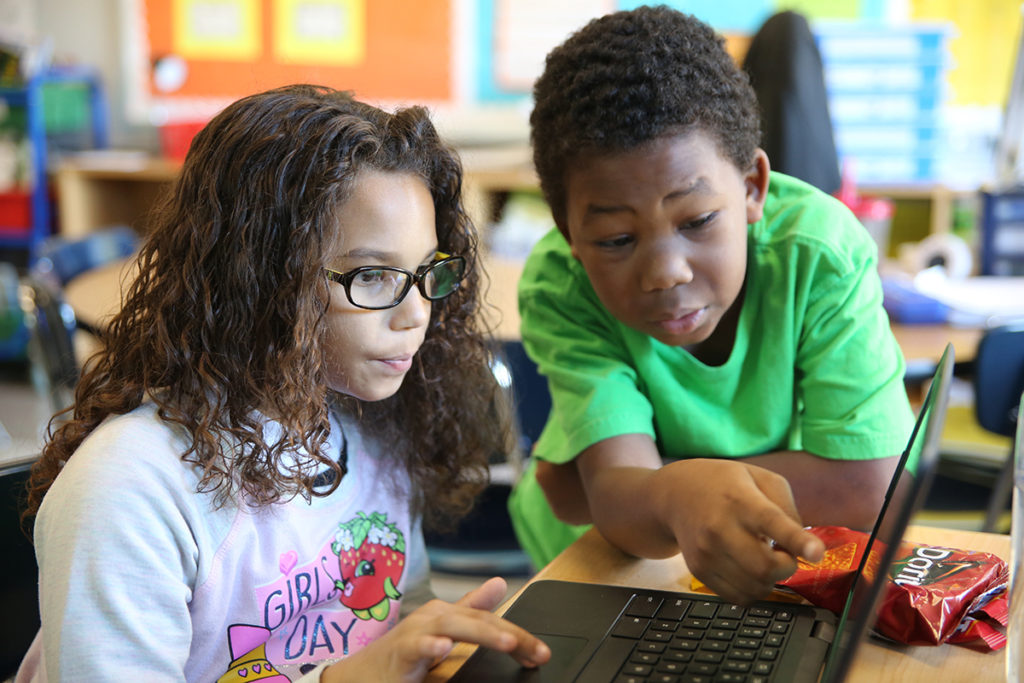The Institute for School Partnership (ISP) at Washington University in St. Louis is developing a new strategic plan to support the university’s mission to be “In St. Louis, for St. Louis.”
To that end, the institute has hired Nikki Doughty, head of school at City Academy and a regional leader in urban education, to serve as its first associate director of strategic initiatives. Doughty will support ISP’s work developing stronger educators, improving student outcomes and addressing educational inequalities. She also will lead an effort to establish Networked Improvement Communities (NIC) to create, test and scale solutions for shared challenges at schools that lack sufficient resources.
“Washington University can play an important role building research-practice partnerships and other evidence-based initiatives,” said Victoria May, ISP executive director. “These efforts can really make a difference and align well with the university’s other work to improve economic security and build community.”
The ISP is among the areas of responsibility within Executive Vice Chancellor Henry S. Webber’s new role focused on regional equitable economic development, community engagement and partnership with the university’s neighborhoods and community leaders.
Across the region, ISP is best known for its STEM curriculum mySci, which is used by public, charter and private schools serving some 130,000 students. MySci curriculum provides both hands-on learning lessons and robust teacher training. ISP also offers extensive professional development opportunities for STEM educators through its Math314, Code.org and STEMpact programs.

But May stressed that ISP is about more than science education. It recently launched the Transformational Leadership Initiative, an ambitious, multiyear effort to help schools transition from a top-down leadership structure to a distributed leadership model to foster creativity and improve school culture. It also serves as a resource to the charter schools that the university sponsors as well as neighborhood schools.
“Education is social enterprise,” May said. “What matters most is getting kids excited and engaged and getting them to believe they can do it. That’s our real work.”
Doughty is an expert in trauma-informed learning practices and organizational behavior. She earned her master’s degree in social work from the Brown School in 2014. She currently is working with Brown School students enrolled in “Leadership & Management of Human Service Organizations.”
“As an educator with deep experience and wide connections across the region, Nikki is uniquely poised to help us build stronger partnerships,” May said. “Nikki loves to build community and loves to be out in the community building coalitions. She’s also just one of those people who will roll up her sleeves and do the work.”
Doughty has served City Academy for 15 years, rising from director of admissions to chief operating officer to head of school. Doughty said she wants to help educators create child-centered schools where students can be confident, curious and critical.
“I am really excited by ISP’s focus on educational equity and its commitment to ensuring every child has an incredible learning experience,” Doughty said. “Teachers all over St. Louis know the impact ISP has on their teaching and instruction. But it’s not enough for a third-grade teacher to lean into this type of work if it’s not supported by the second-grade teacher or the fourth-grade teacher or by leadership. You need the strengths and talents of everyone to transform the classroom.”
Media Contact Diane Toroian Keaggy